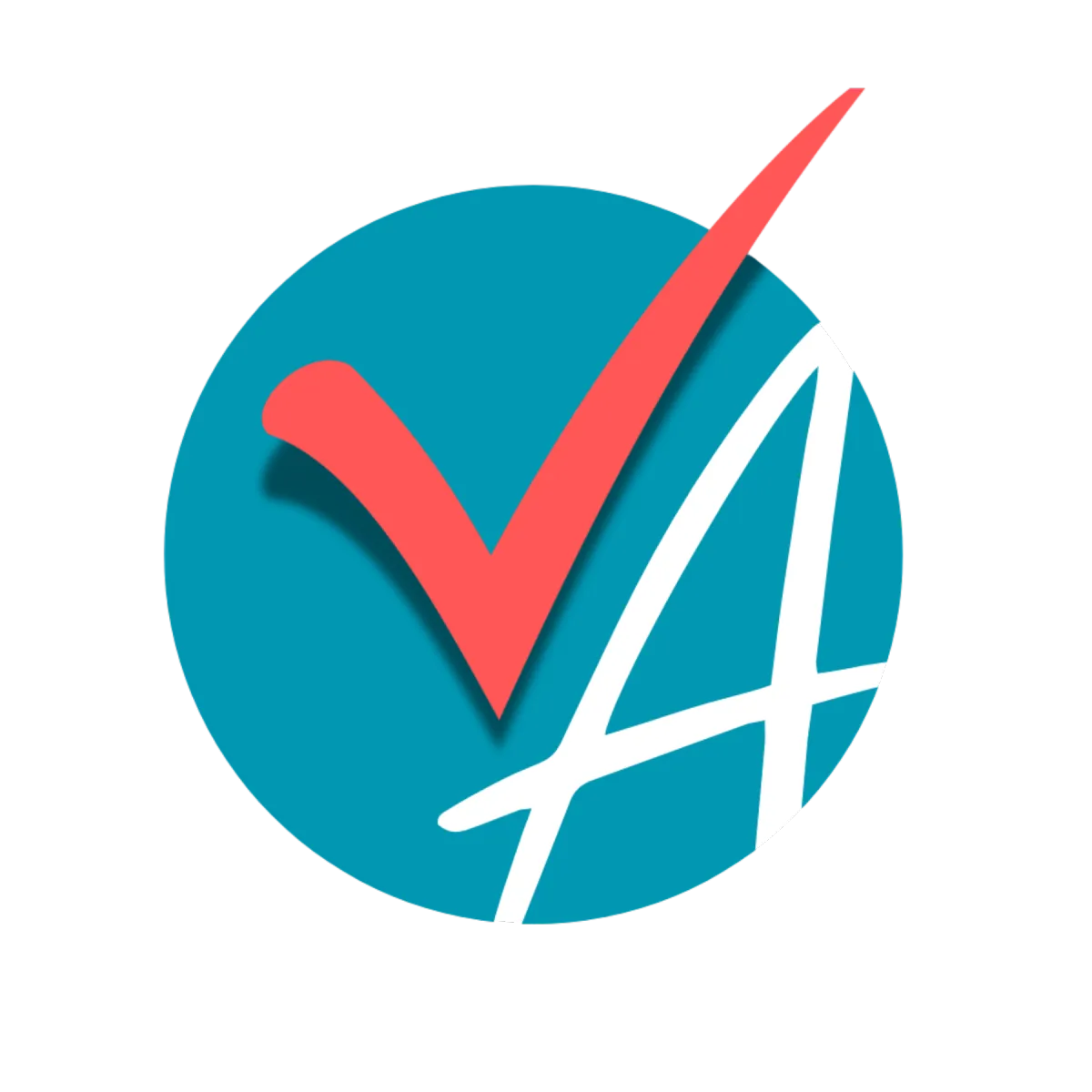
Our Strategic Approach to Assisting Home Care Agencies.
Virtual assistants can significantly enhance the efficiency of home care agencies by automating administrative tasks, managing scheduling, and improving client communication. They can help with data entry, appointment reminders, and follow-up calls, allowing caregivers to focus more on patient care. Additionally, virtual assistants can assist in training staff and managing documents, ultimately streamlining operations and improving service delivery. By leveraging technology, home care agencies can increase their productivity and provide better support to their clients.
Delegate Task to Streamlining Operations.
Our mission is simple: we take care of the day-to-day tasks, so you can focus on growing and sustaining your business.
With our tailored support, we make your team more efficient and help your business run smoothly.

The average business owner spends about 68.1% of their time on day-to-day tasks and 31.9% on long-term goals. A study by Workfront found that only 39% of a workday is spent on primary job duties.
How Our Virtual Assistant Can Assist Your Home Care Agency
Below are the core responsibilities a Virtual Assistant will handle under the General Administrative role for your home care agency.

Caregiver Recruitment & Onboarding
Virtual assistants can handle repetitive tasks such as posting job advertisements, reviewing resumes, and scheduling interviews.
Virtual assistants can often provide services at a lower hourly rate, which can lead to significant savings, especially for smaller agencies.
Virtual assistants can employ algorithms to screen candidates based on specific criteria, ensuring that only the most suitable applicants are forwarded to the hiring managers. This can lead to better quality hires and a more streamlined selection process.
Virtual assistants can operate around the clock, enabling agencies to respond to candidate inquiries, schedule interviews, and manage recruitment tasks at any time. This flexibility can improve the candidate experience and attract a more diverse pool of applicants.
Email Management
Monitor and respond to client inquiries or caregiver communications.
Organize emails by urgency and category (e.g., medical, family inquiries, appointments.)
Filter spam and flag urgent matters for the business owner.
Create templates for common responses (e.g., pricing inquiries, appointment confirmation.)


Data Entry & Records Management
Update patient or client information in CRM or internal databases.
Maintain caregiver schedules, availability, and shift assignments.
Organize and digitize patient intake forms, consent forms, and care plans.
Keep compliance documentation up-to-date (e.g., background checks, licenses.)
Appointment and Scheduling
Set appointments between clients and caregivers.
Manage cancellations or rescheduling.
Send reminders to both caregivers and clients.
Coordinate with medical professionals for follow-up visits.


Invoicing and Billing Assistance
Prepare and send invoices to clients. (includes 3rd Party Payers)
Follow up on unpaid invoices.
Assist in updating payment records.
Track hours worked by caregivers (if required).
Social Media & Marketing
Social Media Management.
Social Media Content Calendar Creation
Digital Marketing.
Brand awareness & engagement.


Compliance & Documentation Management
Create, edit, and format reports (care logs, shift reports, etc.)
File and organize digital copies of contracts and legal documents.
Prepare documentation for audits or regulatory checks.
Monitor caregiver attendance and efficiency.
Other Admin Tasks
Order office supplies or assist in purchasing medical supplies online.
Conduct research on local regulations or home care trends.
Create reports or summaries for weekly/monthly team meetings.

Stop working in your business...and start working on you business.

